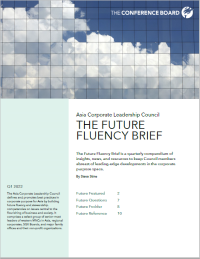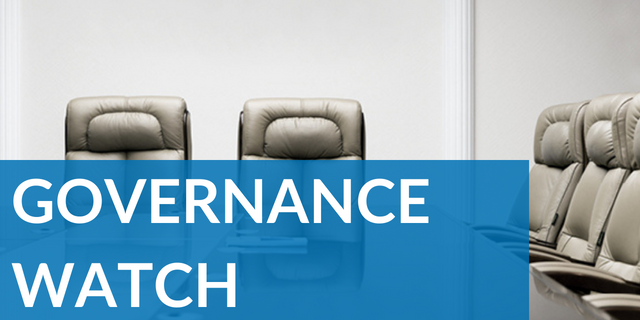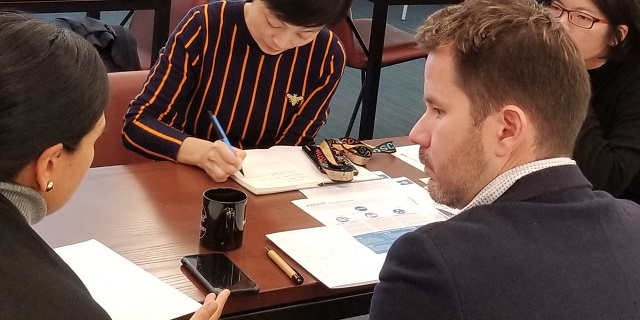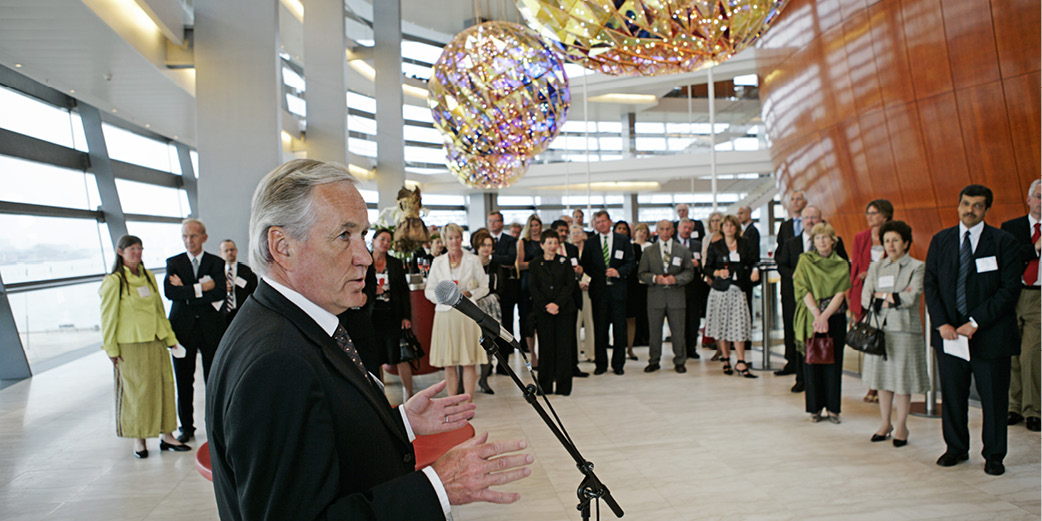Noise: A Flaw in Human Judgment

- Authors:
-
Publication Date:
February 24, 2022
Perhaps more so than most business endeavors, success in corporate purpose requires excellent decision making from the top amidst both information and experience gaps, and within a fluid and highly uncertain business environment. Are you cognitively positioned to do the best you can do? Ask yourself this: How many decisions do you believe you make in the course of a single business day? Now consider the following: What percentage of those decisions are the “right” ones? Unfortunately, argues the Nobel laureate and social psychologist, Daniel Kahneman, “Overconfidence is a powerful source of illusion, primarily determined by the quality and coherence of the story that you can construct, not by its validity.”1 That’s strong medicine for leaders who believe that sound judgment and exceptional decision-making got them to where they are. It is also a warning shot for senior executives working to carry out transformational changes in a “VUCA” world. Kahneman is adamant. As a leading authority on the psychology of judgment and decision-making with more than 50 years of research to back him up, the human mind, he argues, is not the highly logical operating system we imagine it to be. Among academics, Kahneman’s work has long been well regarded. Not until 2011 did he burst onto the public stage with the release of his best-selling book Thinking Fast and Slow. There, he outlines “two systems of the mind.” The first, he refers to as Systems One Thinking, representing that part of the brain that operates automatically and quickly with no sense of voluntary control. The second, he identifies (not surprisingly) as Systems Two Thinking, where “effortful mental activity” takes place, most commonly associated with “the subjective experience of agency, choice, and concentration.” Having distinguished and assessed these two core functions of the human mind, Kahneman goes on to explore cognitive biases and other heuristic tendencies as they relate to judgment and decision-making, culminating in a joint book project with co-authors Olivier Sibony and Cass R. Sunstein. The resulting product, Noise: A Flaw in Human Judgment, casts new doubt on human ability to separate facts from impression on the road to making sound judgments and correct decisions. Noise, in effect, argues that we are caught in the echo chamber of our own unwillingness to change. To make the point, the authors present an exhaustive list of examples from sentencing criminals to appraising job performance where “expert decisions” are highly variable. “The unavoidable conclusion is that professionals often make decisions that deviate significantly from those of their peers, from their own prior decisions, and from rules that they themselves claim to follow.” The goal of the book is to bring “noise” to light, distinguish it from its more popular stepsister “bias,” and to insist that with time, consideration, and application of a “noise-free” process, organizational leaders will be able to make better and more consistent decisions. And in so doing, stave off the case for replacing human executives with more accurate and consistent decision-making machines. Download the full publication to continue reading. Click here to learn more about the Asia Corporate Leadership Council.
- CREATE AN ACCOUNT SIGN IN
-
Complimentary. Sign in or create an account to access.
















